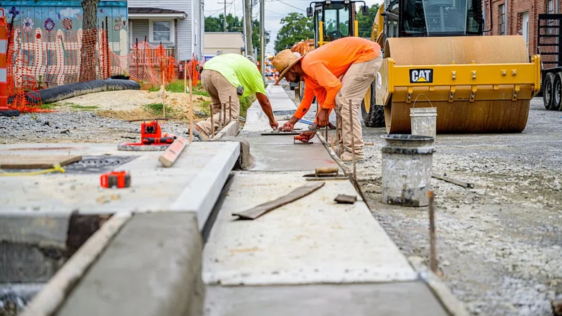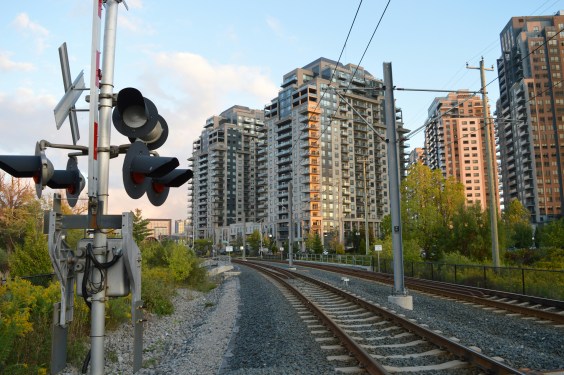During his 24 years in Congress, former Rep. Sherwood Boehlert (R-NY) was known for
a brand of Republicanism now considered endangered. An ardent
environmentalist and defender of objective government science, he
played a key role in drafting the acid rain limits that are serving as a model for this year's climate change fight.
 Former Rep. Sherwood Boehlert (R-NY) (Photo: Wikipedia)
Former Rep. Sherwood Boehlert (R-NY) (Photo: Wikipedia)Boehlert
is returning to the Hill today, three years after his retirement from
politics, to testify on climate legislation in his capacity as
co-chairman of the Bipartisan Policy Center's transportation project.
He
has yet to begin speaking to the Senate environment committee, but it's
worth taking an early look at Boehlert's remarks -- which lay out a
path to bipartisan transportation reform that's both conservative and
conservationist.
Boehlert's testimony begins with a fact that few of
Congress' current Republican members acknowledge: if legislators cannot
agree on a system for cutting emissions, the Environmental Protection
Agency (EPA) will step in under Supreme Court mandate.
"Realistically, that is the alternative: Congress or EPA taking the lead
role," Boehlert's remarks state. "Inaction by both would be unacceptable."
Boehlert
then cites a few compelling statistics about transportation's role in
the climate problem, noting that the sector swallows close to 70
percent of U.S. oil consumption and that 30 percent of the nation's
carbon emissions come from shuttling its people and goods.
His
next recommendation may well sound counter-intuitive to state DOT
officials and community advocates alike -- America needs to think
bigger than its traditional, locally-driven approach to transport:
Weusually think about new investments as specific “projects” suchas a new transit line. But to actually achieve emissions reductionsand other national goals such as economic growth and safety, we needto shift from a project orientation to a programmatic one. This meansthinking about how that new transit line can be integrated into an overarchingprogram or plan that considers land use decisions, pricing options,access to the transit line, and any other policy that can improve performance.
Changing the culture of infrastructure, Boehlert adds, requires
selecting projects based on "a suite of overarching national goals"
that goes beyond the environment to include economic growth and safety.
He
also makes the case for entirely "mode-neutral" transportation
spending, which would take a free-market approach to project selection
by setting rail, roads, transit, and freight on an equal footing and
choosing the mode that best meets those "overarching national goals."
Boehlert's remarks praise the Senate climate bill's sponsors,
environment panel chairman Barbara Boxer (D-CA) and John Kerry (D-MA), for devoting
nearly 3 percent of their plan's valuable "emissions allowances" to
clean transport. Still, he makes clear that the 3-percent share should
grow as the process goes on -- a banner that Sen. Tom Carper (D-DE) is
poised to carry when the first votes on the legislation occur (expected
next month).




